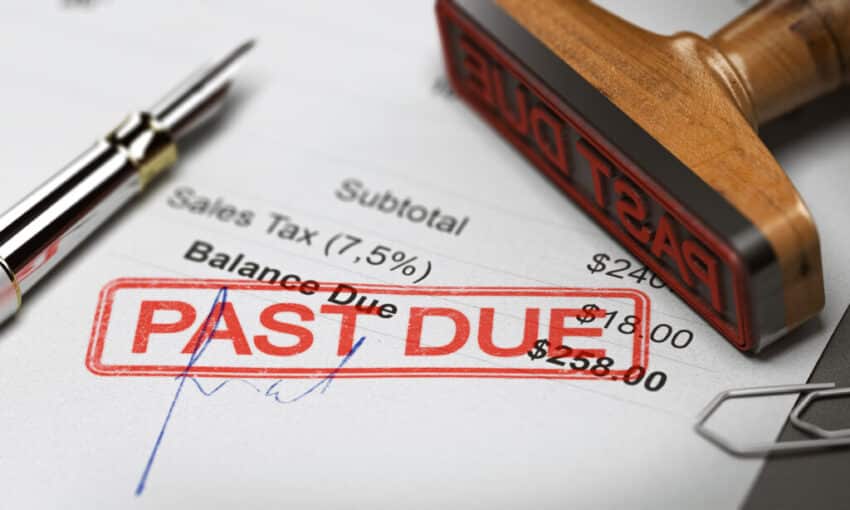No matter how efficient you are with your financial planning, there comes a time when you end up borrowing money. And there is nothing wrong with that, as taking a loan will help you get over a financial slump.
However, when you borrow from unreliable sources, private lenders, or banks that charge a high interest rate, you might be doing more harm than good to your credit score. So, is there an effective way to manage your debt and repay it? Well, experts have a few suggestions on the Dos and Don’ts, which you should follow to avoid being on the wrong side of the credit meter. Here’s what you need to do!
Do: Sign Up for Debt Settlement
A debt settlement or Debt relief program is a way to reorganize your debt in such a way that you get partial or full respite from the loans. This could be done by employing numerous mechanisms, including reducing the outstanding principal amount, lower interest rate, and an extended term for repayment.
Debt settlement is generally offered when the repercussions of not paying back the debt on time are extreme. It is mostly the small and medium-sized business owners and municipalities that extend help to the highly indebted person. There are numerous companies that offer debt settlement services across the country and a simple search would help you find them.
Don’t: Gloss Over Your Debt
You took a loan, and you need to repay it. Your finances are tight, and your credit score might be running into trouble. And all these are unpleasant facts. However, ignoring them will not make them magically disappear. Instead, own up to the fact that you have debts and you need to repay them.
Remember that the more time you take to acknowledge the debt and the further you delay paying it, the more trouble you need to battle. Make it a point to keep a tab on how much you owe and to whom and start repaying them even if it is a small amount every month. That way, you would lower your debts, reduce the interest, and avoid further trouble.
Do: Prepare A Financial Plan
In most cases, a loan or credit is a result of bad financial planning. When you do not have a budget or fail to stick to it, you go overboard. And that eats into your rainy-day funds and leaves you dry at the time of emergencies. The best and only way to combat this is by preparing a budget, identifying all your debts, paying them back as a priority, building a savings fund, and then going on to the expenditure.
The goal is to make sure you pay back, save, spend on essentials, and keep the rest for your expenses. Making room for an emergency savings fund and investments is important. However, do not prioritize it over high-interest loans. These increase your debt with every passing day, and you would be stuck in a financial slump of no return!
Do: Prepare a Repayment Plan
Now that you have debts and want to repay them, it is important to have a repayment plan. It might seem logical to use all the money on hand to repay a significant amount of the loan. However, that means you would run out of money for other essentials, and you will land yourself in a repayment cycle that you cannot get out of.
It would help if you started by preparing a list of all the debts you have, sorting the ones with the high-interest rate, and paying out the minimum for each debt. You could also try the snowball method, where you sort your debts from the smallest to the highest amount and go for the low-hanging fruits. Besides that, you should also schedule a particular day every month for debt repayment.
Don’t: Struggle Alone
There is no shame in borrowing money or being in debt. When you try to figure out your finances all by yourself it adds to your stress and you might not be able to think in the right direction. While you might know your financial situation best, a financial advisor knows the right way to get you back to a healthy credit score. So, invest in a financial advisor and seek professional guidance. Besides helping you get a hold of your debt repayment, they could also help you with tax relief services.
Talking to someone about your debt might seem uncomfortable, but once you go past that awkwardness, you would realize that you have a stronger understanding of your financial priorities. You would make progress in the right direction.
As your debts come down, you would have a budget to follow and a significant amount of savings, which will help you get your life back on track.


